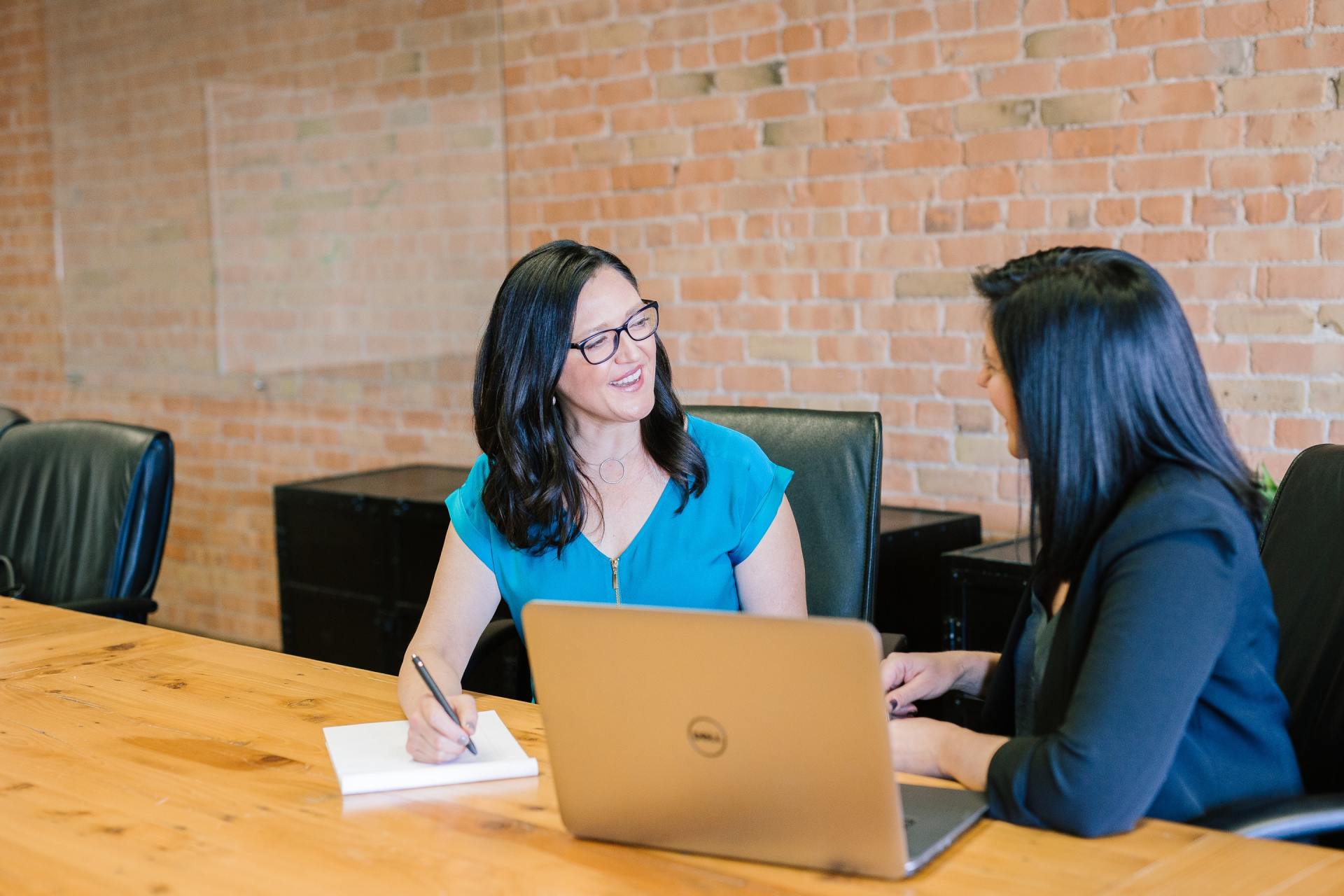17 May 2016 / BTA
Home
/ News & Views
/ Great! You have an interview... now what?
How much do you know about the charity or organisation you are interviewing for? It should be plenty, and all the information you need is available online. Here are tips on how to research, get the inside scoop on the culture, and use connections who can help you get an interview advantage.
Visit the Charity Website
Visit the charity website, review the charity’s mission statement and history, services and management, as well as information about the charity culture. The information is usually available in the About Us section of the site.
Use Social Media
Check Facebook, Google+ and Twitter. Like or follow the company to get updates. You’ll find information you may not have found otherwise. LinkedIn company profiles are a good way to find, at glance, more information on the charity you’re interested in. You’ll be able see your connections at the charity, new hires, promotions, jobs posted, related companies, and company statistics. Take a look at your interviewer’s profile to get insight into their job and their background.
Google and Google News
Search both Google and Google News for the charity name.
Be prepared
You may be asked to take originals and photocopies of your professional qualifications and/or your original passport or birth certificate to confirm you have the right to live and work in the UK. Failure to take the required documents with you to interview may give off the impression that you are unable to follow instructions or disorganised.
Presentation
If you are asked to prepare a presentation as part of your interview, we would suggest you forward a copy of this to us prior to your interview to enable us to forward to the panel. Technology doesn’t always work the way we want it to so please ensure you take a hard copy of your presentation with you just in case your pen drive or memory stick doesn’t work on the day.
On the day
Plan your route, allowing extra time for any unexpected delays. Arrive early for your interview (but not too early). We suggest you arrive 10 minutes before your interview is due to start. It does not do any harm to do a test drive to the interview location in advance. Remember traffic varies at different times of the day and car parks can be full at peak times. Have change with you in case you have to park on a meter. If you are too early you can always go for a coffee and look over your notes.
Whilst you may anticipate your interview taking no more than an hour, on occasions, they do run over the time allocated which may result in your interview time being delayed.
Dress to Impress
If your appearance is neat and clean, you will give the impression of being someone who is organised and pays attention to detail.
Whether you are asked to meet the charity for an informal chat over a coffee or attend a formal panel interview, first impressions are very important! We would recommend you always dress smartly when meeting your potential new employers.
No one has ever not been offered a job for being too smartly dressed!!
Ask questions
You should always have some questions for your interviewer to demonstrate your interest in the position. We recommend you prepare a minimum of three questions, some which will give you more information about the job and some which delve deeper into the culture and goals of the company.
Do not ask about questions about time off/holidays at interview as this can show a lack of commitment if you are already thinking about how short you can make the working week. If you need flexible working for an issue like childcare please discuss this with the recruiter when applying as they can ask about that on your behalf before the interview stage.
Employers do not like to find the perfect candidate to then be negotiating hours as flexible working is not always appropriate to the organisation or the role.
Most common interview questions:
What do you know about our organisation?
This one comes up 90% of the time. Be sure you have done your homework!
Why do you want to work for us?
Tailor your answer so that you show you can contribute in positive ways, to provide a solution for what the charity needs.
Tell me about yourself…
Remember to point out those characteristics and qualities that suit the position. This is not a time for a personal history.
What motivates you? What are your personal goals?
Indicate a desire to contribute to the charity in specific ways that you enjoy and do well, trying to make a match between the needs of the organisation and your abilities.
Why are you leaving your job?
Be sure you have a level-headed answer for this one. Do not rubbish your previous position or boss! Indicate positive reasons for seeking advancement, a change or a new challenge.
What qualities and experience do you have that are important for this position?
The interviewer has your CV, but he or she wants to hear how you can express your success. This is also a time when the interviewer may test your communication skills.
What has been your greatest accomplishment?
Remember to make your answer outcome orientated focusing on the organization and its clients rather than your ego. Stick to this guide and you’ll definitely come across as a stronger candidate in interviews.
We also suggest you refer to the job description and person specification and prepare good, detailed examples under each required skill set. Remember to be confident and articulate!
Finally, everyone at BTA wishes you the best of luck!

